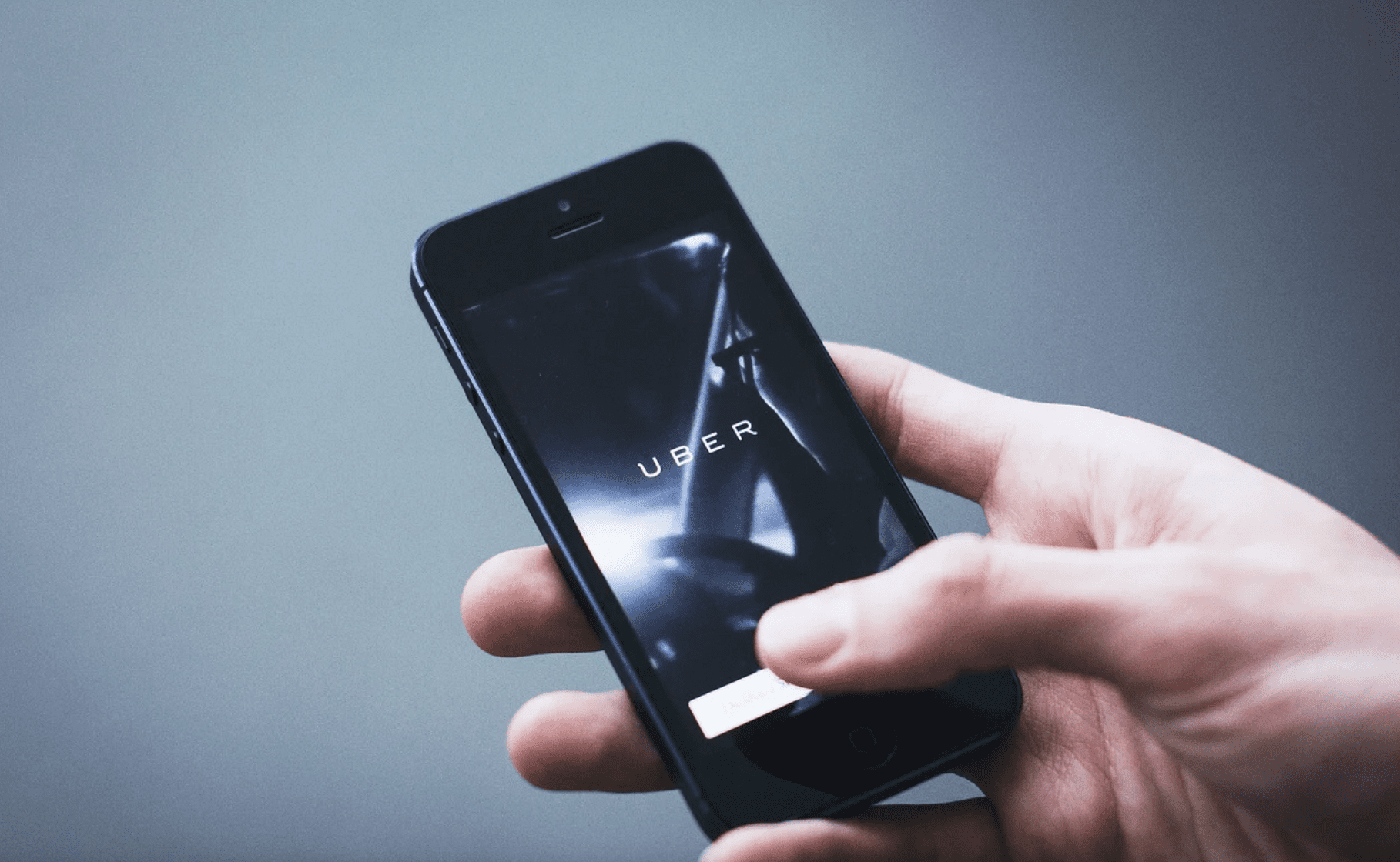
After the scandal of the Macron administration’s excessive collusion with consulting firms, a new affair has come to splash the French President of the Republic, concerning his links with the vehicle tourism giant, Uber.
A major investigation has been carried out based on thousands of internal Uber documents. It reveals that in 2015, while he was minister of economy of François Hollande, Emmanuel Macron played a major role in the establishment and accelerated development of Uber in France. This affair reinforces Macron’s disrepute as an unprincipled man too close to business and financial circles, and full of disdain for French workers and French labour laws. It appears that Macron played a major role in introducing to France new business and management methods—embodied in the Uber service provider—and is responsible for violating and weakening the French system.
The investigation was published on Sunday evening, July 10th, and immediately caused waves of indignation in the French political class, particularly on the Left. Mathilde Panot, president of the La France Insoumise (LFI) group in the National Assembly, did not hesitate to speak of a “looting of the country.” She accuses Emmanuel Macron of having played the role of a “lobbyist for U.S. multinationals aiming to permanently deregulate labour law” when he was an advisor and minister under François Hollande.
🚨 Macron ou le pillage du pays.
— Mathilde Panot (@MathildePanot) July 10, 2022
Conseiller et ministre de François Hollande et lobbyiste pour multinationale états-unienne visant à déréguler durablement le droit du travail.
Et ce même, en faisant fi des décisions de justice.#UberFiles https://t.co/82Eo3HYiH3
The Rassemblement National, through Jordan Bardella, also denounced the affair, now referred to as #UberFiles, as clear evidence of the current president’s obsession with serving private interests, possibly foreign ones, to the detriment of French interests.
Several left-wing politicians have called for a commission of enquiry.
The president’s supporters have chosen to ignore the problem, in the name of the old adage: “the end justifies the means.” Insofar as the establishment of Uber has led to the creation of jobs, the rest should not matter. The former secretary of state for digital affairs, Cédric O, explained on Twitter that “the most important question, on the subject of Uber, is whether or not its establishment in France has been a good thing socially and economically.” The spokeswoman for the presidential party, Renaissance, is saying something similar. In response to Macron’s having a hand in cinching political deals with business owners and financiers, Prisca Thévenot explained on BFM TV that she saw no problem with Emmanuel Macron, as minister of the economy, “meeting with economic actors,” in the pursuit of profitable advancement.
But Macron’s “meetings” were neither simple nor transparent: the investigation published in Le Monde reveals the existence of a “secret deal” between Uber and Macron, negotiated through meetings in small groups and exchanges through SMS. Lobbyists were solicited to propose ‘turnkey’ amendments—modifications designed to remove legal strictures in France that otherwise limited Uber’s American business model—to MPs, who then altered driving laws.
Emmanuel Macron is said to have shown exceptional benevolence towards Uber, providing a high level of support that was decisive for its establishment in France, where the traditional taxi corporation is very well organised and had been violently hostile to the development of private-driven cars. As a condition of his support for the relaxation of existing French legislation to favour Uber’s expansion, Emmanuel Macron asked for—and obtained—the abolition of the UberPop service, which then allowed any unlicensed driver to offer his service to the platform’s users.
Emmanuel Macron is not the only head of state involved. The investigation comes from the International Consortium of Investigative Journalists (ICIJ). The investigative unit of Radio France, which is behind the release of the information for France, belongs to this consortium. The investigation was also published in partnership with The Guardian. It is based on a leak of 124,000 internal Uber documents, disclosing a wide-ranging strategy: in order to exert its influence and change regulations in its favour, Uber had compiled a list of nearly 2,000 current and former civil servants and citizens’ groups in more than 30 countries. The French head of state was just one of them. Gradually, the company built up a network that also included the then Israeli Prime Minister, Benjamin Netanyahu, the former Irish Prime Minister, Enda Kenny, and the President of Estonia. Oligarchs close to Russian President Vladimir Putin were also approached and offered stock certificates. The investigation goes on to reveal that Uber had a highly sophisticated anti-search system put in place, to cut off access to sensitive databases on the group’s computers in the event of a police search.
These revelations have further damaged the image of the French President, already seriously tarnished by the McKinsey affair, and provide a new subject for mobilisation against him by opposition on the Right and Left. The #UberFiles scandal also offers an opportunity to question the excesses of deregulation.
